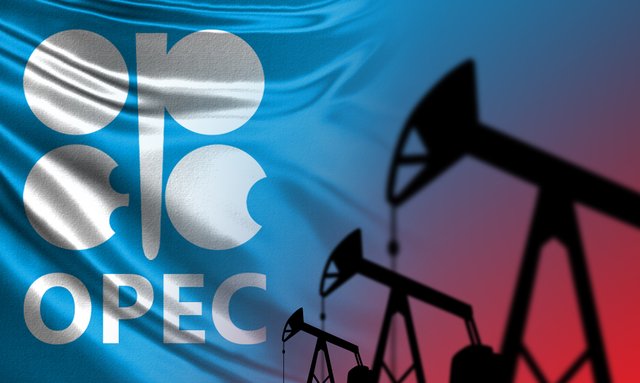- Your cart is empty
- Continue Shopping

Despite Ongoing Oil Curbs, OPEC output increased Twice in September
OPEC oil output increased for the second month in a row in September, according to a Reuters survey, led by increases in Nigeria and Iran, despite ongoing curbs by Saudi Arabia and other members of the broader OPEC+ alliance to support the market.
According to the poll, the Organisation of Petroleum Exporting Countries pumped 27.73 million barrels per day (bpd) last month, an increase of 120,000 bpd from August. For the first time since February, output increased in August.
The September increase was led by Nigeria, which has been dealing with petroleum theft and instability in its oil-producing region. Iran, which has been increasing supplies despite US sanctions, also increased output, reaching its highest level since 2018.
According to shipping statistics and sources in the poll, Nigeria was able to increase exports in September without significantly disrupting shipments, raising output by 110,000 bpd. By the next year, the nation hopes to continue its comeback.
Iran saw the second-largest gain, according to the survey, pushing output to 3.15 million bpd.
Reuters polls and other OPEC data say this is the highest level since 2018, the year that Washington re-imposed sanctions on Iran.
The greater Iranian exports, according to analysts, seem to be the result of Iran’s effectiveness in avoiding U.S. sanctions and Washington’s latitude in enforcing them as the two nations work to improve their relationship.
The poll revealed that production from the 10 OPEC countries who are subject to the supply cut agreements between OPEC+ increased by 80,000 bpd.
Saudi Arabia and the other Gulf states were steadfast in their adherence to predetermined reductions and additional voluntary ones.
The survey revealed that top exporter Saudi Arabia maintained its output around 9 million barrels per day in August and September while voluntarily extending a 1 million barrels per day output cut to boost the market further.
While Angolan supply recorded the highest loss in the group of 50,000 bpd due to a decline in exports, Iraq and the United Arab Emirates slightly increased production.
The fundamental reason why OPEC’s output is still 700,000 bpd behind target is that Nigeria and Angola are unable to maintain their agreed-upon levels of production.
The poll is based on shipping data from outside sources, flows data from Refinitiv Eikon, data from flow-tracking businesses like Petro-Logistics and Kpler, and data from sources at oil corporations, OPEC, and consultants.
Source: allnewsng.com
